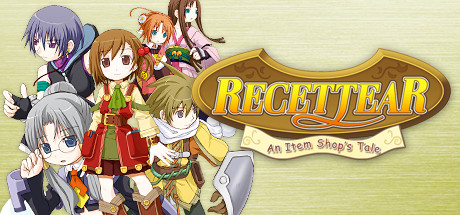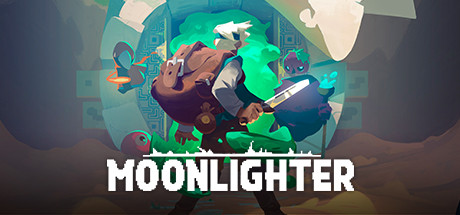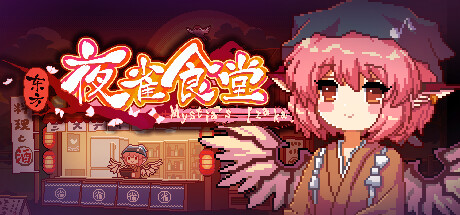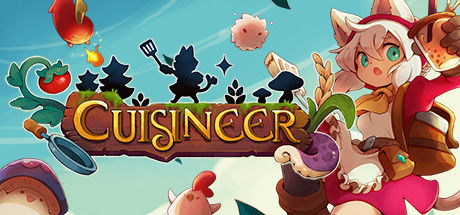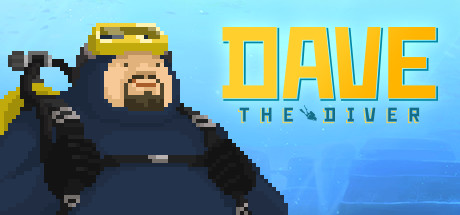Evolution of the Business RPG
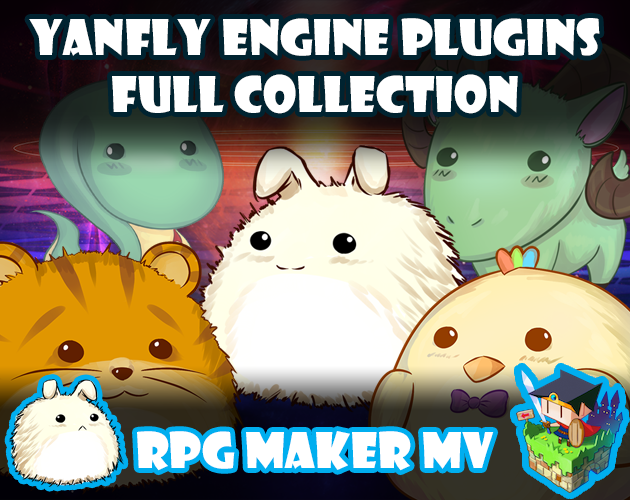
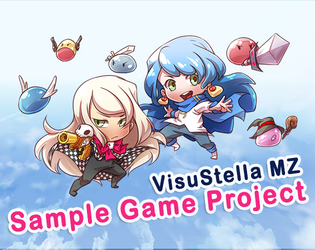
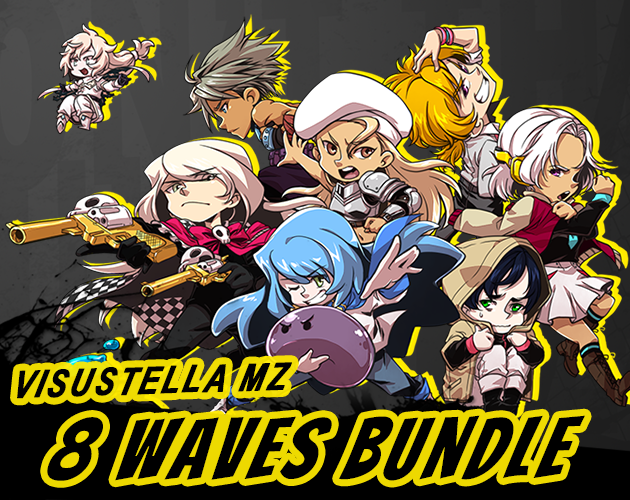
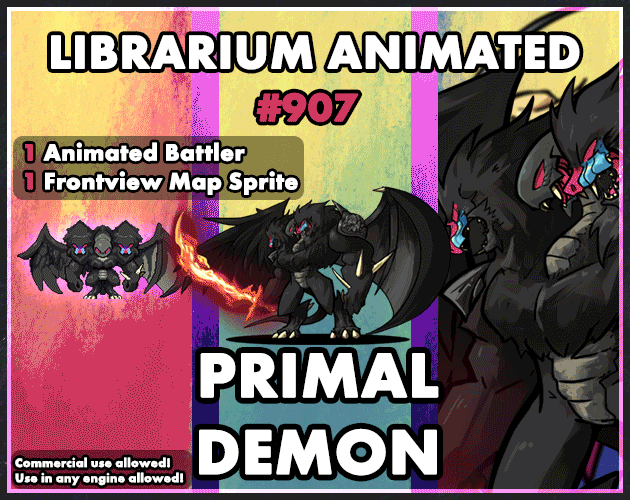
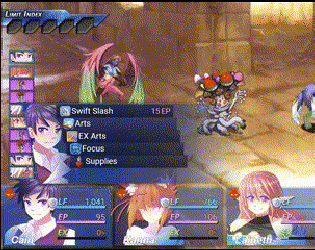
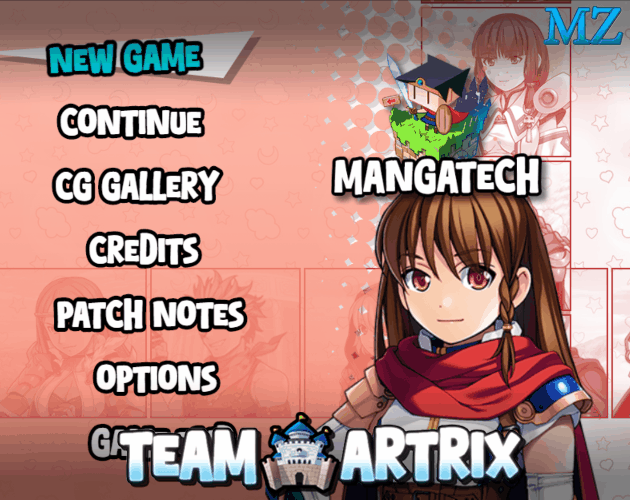
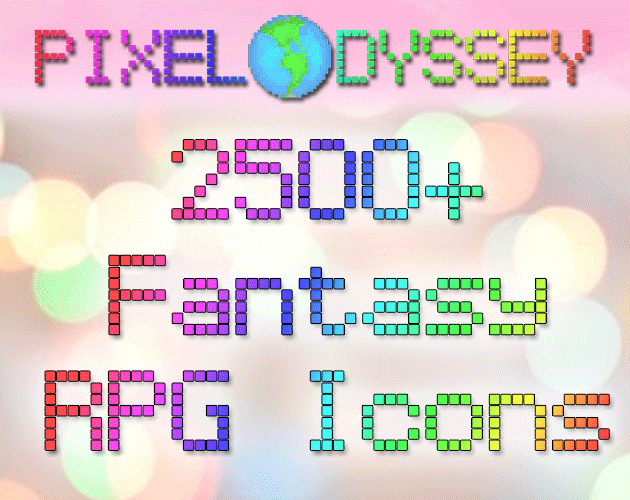

|
VisuStella, Caz Wolf, Fallen Angel Olivia, Atelier Irina, and other affiliated content creators.
Introduction
Getting to Know Each GameLet's introduce each game so that we have an idea of what they're like. RecettearRelease Date: Sep 10, 2010 This is a game about Recette who has to take on the debt of her parents. She does so through the aid of Tear, a debt collector fairy, and paying off the item shop's debt is her goal. Recette does this by collecting goods from the town's wholesaler. However, if she doesn't have enough money, she'll go gather goodes from the dungeons nearby instead. This game is home to some of the memes you see online such as "Capitalism, ho!". Many people consider this grandfather of all Business RPG's. And for good reason, too! The formula used by Recettear is seen throughout the future games regardless of whether or not they have an item shop or restaurant and regardless of whether or not there are dungeons, too. As this game was released in 2010, it wouldn't come off as surprising if some folks did not know of its existence as it was a very niche game at the time. Fans loved this game and though it arrived on Steam rather late, it still managed to accrue 6,000+ reviews at the time of writing this article.
MoonlighterRelease Date: May 29, 2018 Moonlighter is a game that centers around Will, the son of a merchant. However, Will's father has long disappeared and never came back after venturing into the nearby dungeons. Will decides to carry on his father's legacy by running his shop and exploring the dungeons to find items worth selling. The store is ran during the day, and Will ventures into the dungeons during moonlight, hence the name. While Recettear is one of the pioneers for the genre back in 2010, Moonlighter is the one that brought the genre back in 2018 with high levels of success. It uses an extremely similar formula to Recettear but changed quite a few things up. The item shop system was overhauled to be more linear and straight forward. The dungeon and combat was also overhauled to feel better and fit the modern gaming landscape more. All in all, Moonlighter was a modern day success with a review count of 13,500+ at the time of writing this article.
Mystia's IzakayaRelease Date: Oct 1, 2021 Just a few years down the line, Mystia's Izakaya came out as the next big Business RPG. It's a fangame for the ever so timeless Touhou Project series and focuses on one of its characters called Mystia, who runs an izakaya (Japanese food/drink stall) for various reasons, namely debt. Somehow, the debt keeps piling up, but Mystia powers through with her business. Mystia's Izakaya is one of the first of many modern Business RPG's that focus on the restaurant aspect. The Recettear formula is alive and well, but many changes have occurred. Unlike Recettear and Moonlighter, there's no more dungeons. In fact, there's no more combat. There is, instead, a resource gathering focus that's found across many maps. Handling the restaurant is also vastly different from handling an item shop, too. There was also more focus on narrative, too. The game was a massive hit on Steam with a total review count of 17,000+ at the time of writing this article.
CuisineerRelease Date: Nov 9, 2023 In late 2023, Cuisineer launched as one of the more modern Business RPG's featuring a restaurant theme. It has a similar story to the other Business RPG's so far. The main character, Pom, has to pay off the debt of her parents and she will have to do so through their restaurant. She uses her past experiences as an adventurer to find her new calling as a restaurateur. Unsurprisingly, the Recettear formula is still at play here for Cuisineer. Just like with Mystia's Izakaya, resource gathering is done separately from restaurant work. This time, however, the ingredients used for the kitchen will fight back and Pom has to fight her way through combat vegetables and warrior shrimps. There is also boba tea. This charming little game is starting off the year with 1,000+ reviews at the time of writing this article.
Dave the DiverRelease Date: Jun 28, 2023 We go back in time a few months for the release of Dave the Diver, the most successful of the Business RPG's thusfar. The game focuses around Dave, a fun loving diver, who somehow gets roped into helping a sushi restaurant. He goes into the sea and collects fresh ingredients for this sushi restaurant and continuously gets more and more involved with misadventures. Dave the Diver strays away from the usual top-down RPG appearance that most Business RPG's have and goes for a more 2D platformer aesthetic. However, it still very much so follows the Business RPG formula of collecting resources during one half of the day and running a business in the other half. Amongst all of the Business RPG's listed, Dave the Diver is the most successful of them, sitting at 86,000+ reviews at the time of writing this article, and this article will explore why.
Day CycleEach game has a similar gameplay loop of gathering resources and selling them in the business. However, each game has a different way in how they handle the way each day progresses. Let's take a look at each one.
Day Cycle Briefing
Solving ProblemsLet's take a look at how each game solves common problems found through the genre. Pacing
We can assert that time plays an important factor in pacing these games. While not all of them are split between day/night segments, I feel that the ones that do have a better pace. Recettear and Cuisineer suffer a bit from this in ways that the days just feel like farming simulator in-game days: where you just rush all over to get things done before it's time to go back to work. While in Recettear, time doesn't move forward unless you go somewhere to perform an action, certain events do happen at certain times. This kind of thing is definitely considered a relic of the past as you don't see it in future Business RPG games, though timed events will happen at any specific segment of the day instead. You also cannot go to the dungeon after passing a certain hour in the day. For Cuisineer, this becomes detrimental. As time will progress even if you're idling, that means the more you take time to explore the town and interact with the locals, the less hours you have to open up the restaurant for. Also like Recettear, you cannot enter dungeons after passing a certain hour in the day. The time moving forward feels like a demerit to to the way the game can be paced. On the flip side, games like Moonlighter, Mystia's Izakaya, and Dave the Diver segment their days into various parts without rushing you to get through them. This gives a more relaxed feeling and allows players to fully prepare before moving onto the next segment. This doesn't punish exploration (and in Mystia's case, it's a very slight time deduction) and instead, encourages it. Mingling with the locals is no longer something that punishes you and is, instead, welcomed. Even in Dave the Diver, during the Day Preparation phase, you can plant an entire farm, water each tile, and it still won't move forward time or take away from the amount of time left for you to dive.
ChunkingNormally, with the Business RPG format, the fun comes from doing a variety of things that make the overall experience come together. Resource gathering is massively different from the shop keeping/restaurant bit. Switching between the two dynamically different gameplay modes is what keeps the whole experience fun. It keeps the parts that would otherwise be grindy spread out and diluted. That is the very strength of the Business RPG format. So, what is Chunking and why is that a problem? Chunking is what I call the process of playing one part of the game over and over before doing another part of the game, also usually over and over. The reason why chunking would occur is because it's just simply more efficient and optimal to do so. It also seems like the antithesis of the Business RPG. While letting players play the way they want sounds like the better idea, it's actually not. Why? Because when given the opportunity, players will optimize the fun out of a game.
These games are not safe from this, especially in the case of Recettear and Cuisineer where there's no clear split segments of the day to divide work. In both of those games, the ideal strategy would be to spend a lot of time, usually back to back days, to gather up resources en masse. It would then make more sense that once there's enough stock, to sell/serve en masse. This is because if done "normally", where a player would equally divide up dungeon diving (resource acquisition) with business (selling or serving), then half the time, the available shelves will be empty or filler objects would take up the slots/orders. On the other hand, filling up your resource reserves allow you to sell more expensive goods and not just filler content. This becomes a better allocation of time with better returns. Chunking in either of these games will also result in burn out far quicker. Recettear does not have very fun dungeons to explore and Cuisineer's dungeons are excessively long. Both games also have limited inventory slots for dungeons so multiple trips have to be made before filling up with the stuff you truly want. Chunking is not just reserved to the dungeon diving part, too. It can also happen to the shop and restaurant parts. In Recettear, thanks to the wholesaler, you can actually skip the whole dungeon crawling part if you so wish. This would allow you to just open shop all day every day. In fact, that becomes the main strategy later, too, where once the wholesaler gets enough proper goods, the better strategy would just be to buy en masse from the wholesaler to redistribute through the shop. You would rack up money so much faster than if you were to go through a dungeon in hopes of a randomized chance of getting good drops. Moonlighter avoided this problem by segmenting the day into two parts. The shop can only be opened during the day. And while you can enter the dungeon any time you want, due to the process of elimination, visiting dungeons come during the night. This was a good split for quite a while. But where Moonlighter went wrong was its extremely shallow shop keeping parts. You would set up the ideal prices for your items, and then just sit at the counter during the time the store is open. There's no real interactions with the customers early on except to just sell, so all that there's to do is to just mash the OK button. Considering there's no deeper interactivity between seller and buyer compared to Recettear or even Cuisineer, you can just get away with having a weight placed on the OK button and walk away for a few minutes. Now, I am aware that some clients can do things different from usual. There are thieves that can steal items from you, but given how there's no debt to pay off, them stealing items is effectively a non-issue. Some other clients go up to you and reserve items to pick up at a later date, but there's no large penalty for not fulfilling these. They're effectively a moot challenge. Where things further go wrong for Moonlighter is that once it becomes possible to hire someone to take care of the store for you for 30% of the earnings, there's no reason to play that half of the game anymore. They introduced the very mechanic that allow for chunking to happen in the game when it was doing "better" than its peers at first. This isn't ideal to maintain that gameplay switch flow in order to prevent the player from not burning out. In fact, that's precisely what happened to me. Not only that, I finished buying all the upgrades for the town and store super early and all that was left was just to clear the dungeons. All that was left for me was to finish up the remaining dungeons, of which, I had 3 left by the time I maxed out the town and shop. 3 back to back dungeons gets pretty grindy, and while some can argue that I did this to myself, there just wasn't enough content otherwise for the shop to split my focus with. On the flip side, Mystia's Izakaya and Dave the Diver excel in preventing chunking for the most part. Mystia's Izakaya has set segments for each day and they're non-negotiable. Every day has a resource gathering part and a restaurant part. There's no alternatives to skip resource gathering so while there is an option to speed through the day to open up the restaurant earlier, it is highly unlikely for the player to do so. At night, you have to work the restaurant. You can hire three employees to do the serving, bartending, and cooking for you, and this can trivialize most of the game. However, special rare guests that appear require player input and will not accept NPC employee input. Fulfilling the conditions for these guests result in huge bonuses so they're not negligible as they were in Moonlighter. There's also the possibility of incurring a penalty if you get their orders wrong or ignoring them too much, too. While I'm not big on negative feedback, this one played to the benefit of Mystia's Izakaya in the form of making chunking extremely unlikely. Dave the Diver is very similar, too. The day is split up the way it is and there's no negotiation in changing up those parts unless it's specifically a day off in-game. But what Dave the Diver does is different enough, too. Unlike Mystia's Izakaya, Dave the Diver splits up the day in 4 segments (Day Preparation, Day Diving, Night Preparation, Night Restaurant). While at first, the preparation segments seem to come and go, later on, they get so stuffed to the brim that you might even spend more time there than during diving or handling the restaurant. This is because for the preparation phases, as the game progresses, more mechanics are introduced that flesh these out. These mechanics include a fish farm for raising fish, a traditional farm for growing crops, handling weapons, etc. This spaces out the day to day stuff that the rhythm of going into the next phase feels different enough to not feel grindy.
More to ComeMore to come.
End of Article |

